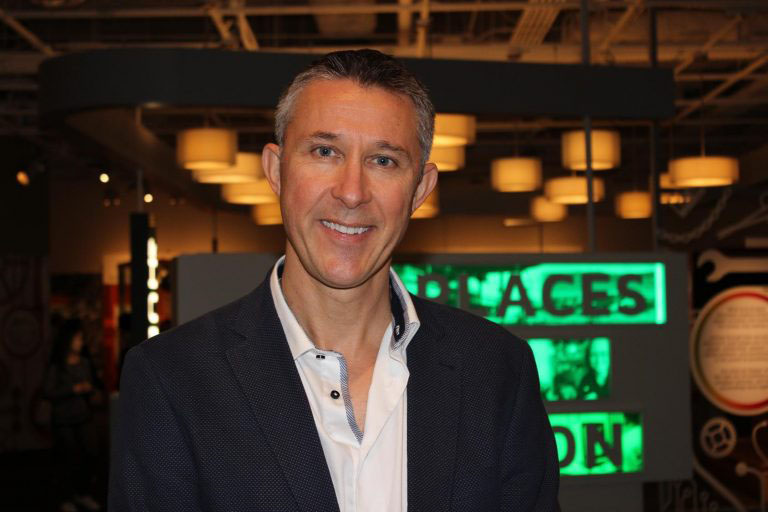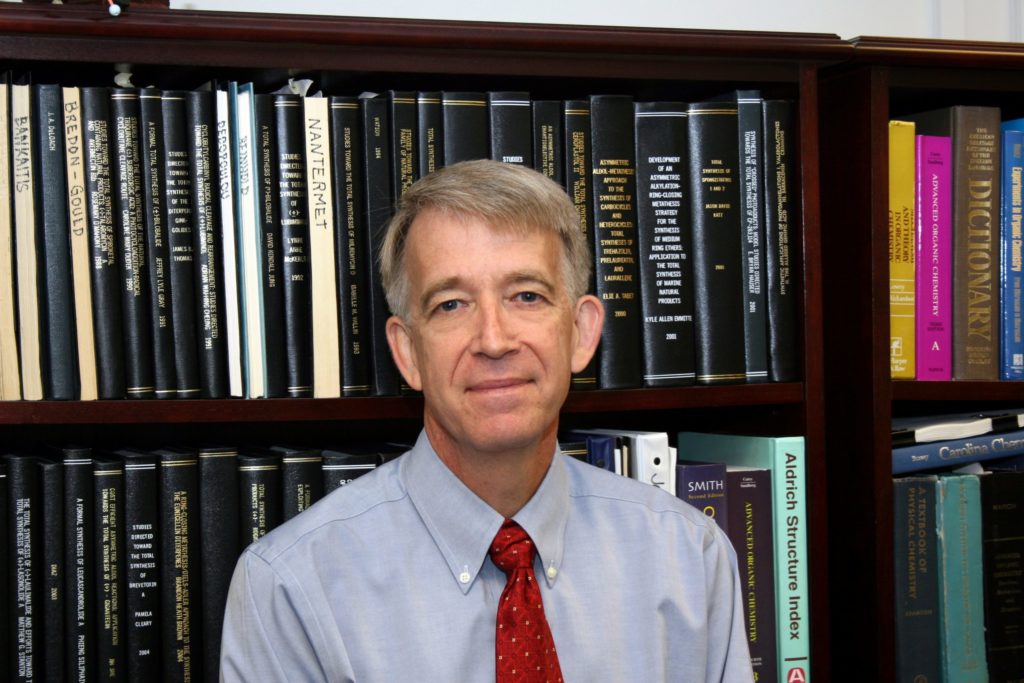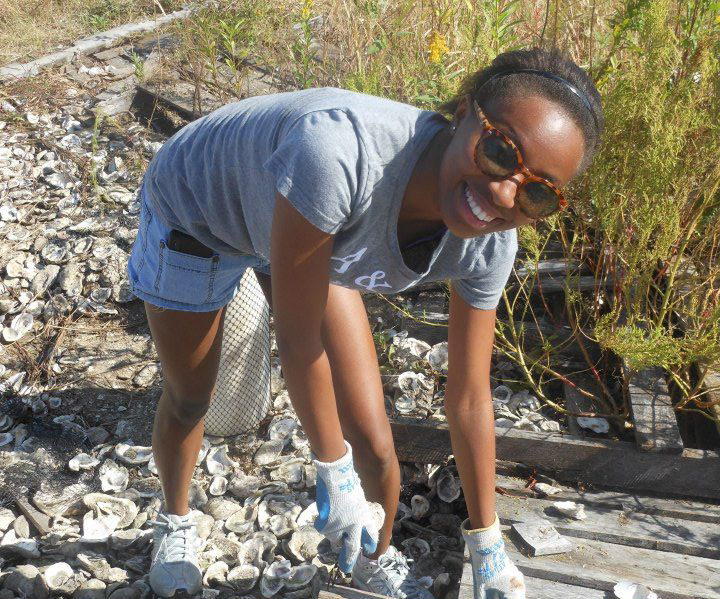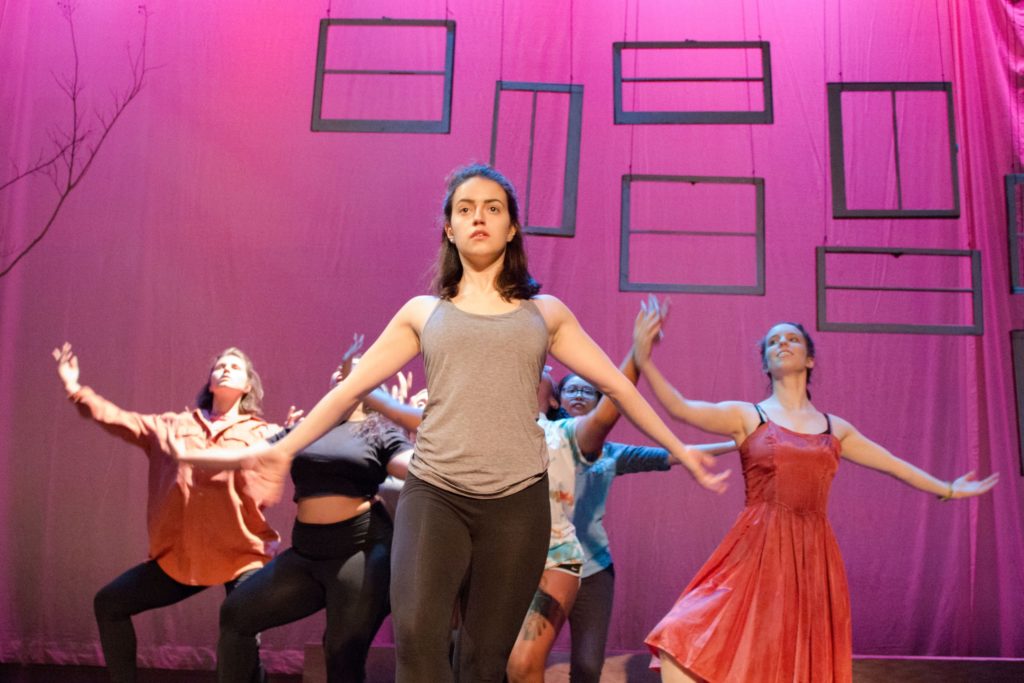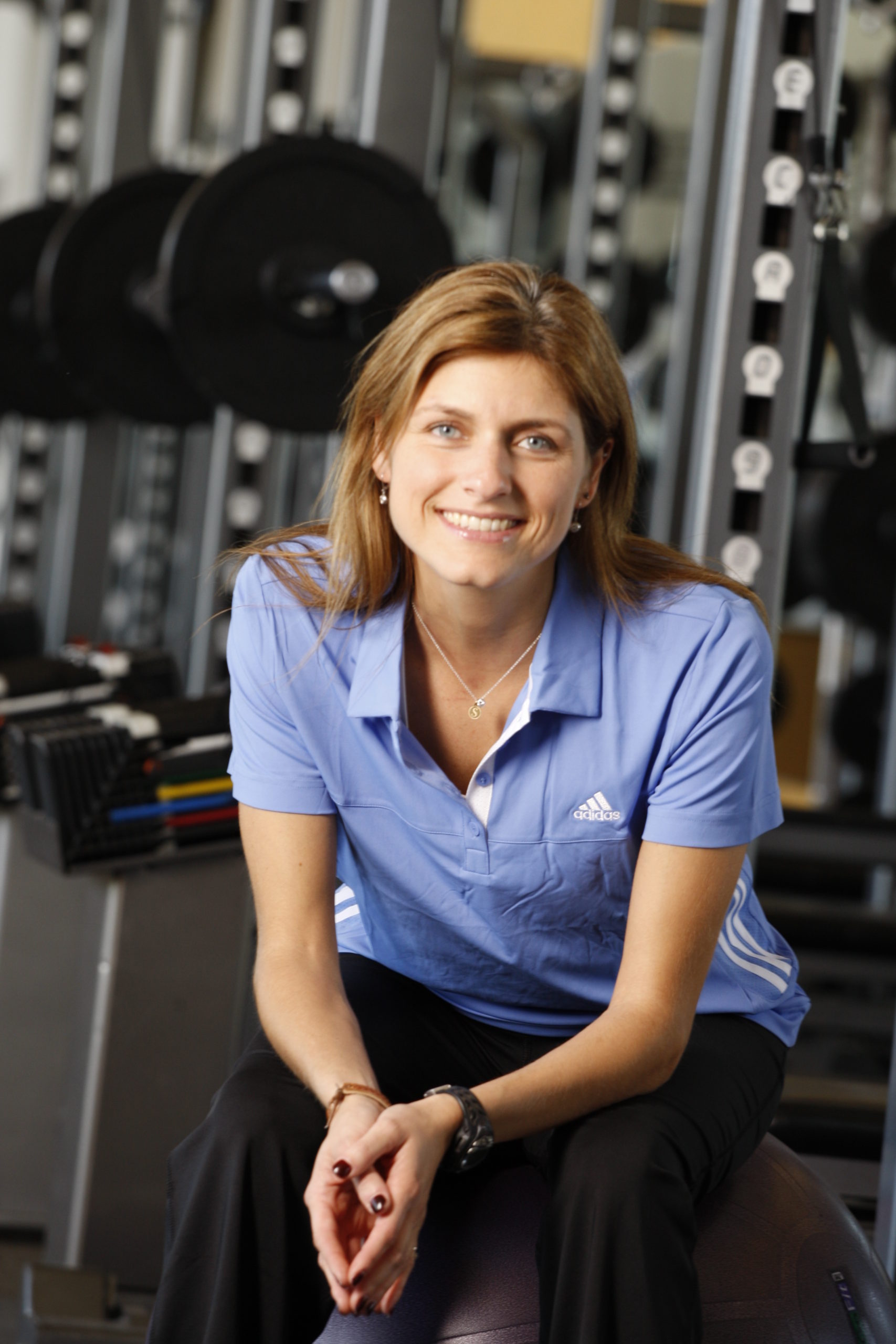
Growing up in Buffalo, N. Y., Sue Falsone (M.S. ’00) loved watching the games of the hometown professional football team, the Buffalo Bills.
“I used to tell my mom all the time that I wanted to work for the Buffalo Bills,” she says. Although few women at the time held high-ranking positions with major professional teams, Falsone’s mother encouraged her to follow her dreams. “Go for it!’” her mother told Falsone.
Falsone never worked for the Bills. But she recently landed a major job with a reasonable facsimile — the storied Los Angeles Dodgers. The baseball team announced last October that it had named Falsone its head athletic trainer. Officials said Falsone, 37, was the first woman to hold such a position on a major professional team in the United States.
Falsone, who joined the Dodgers in 2007 as an assistant athletic trainer, says there was no objection from players to her promotion. “There have been a lot of congratulations from some of the guys in person and from others in text messages or on the phone,” she says. A sign of the players’ feelings toward Falsone came in September when outfielder Andre Ethier waited 10 days to have knee surgery because he didn’t want to start rehabilitation until Falsone returned from Europe.
A good relationship with the players is important because Falsone, who earned an M.S. degree in human movement science with a sports medicine concentration from UNC in 2000, will be as responsible as anyone for the Dodgers’ performance this season as she strives to keep players healthy.
Falsone is up to the task, says professor William E. Prentice in the department of exercise and sport science. He is director of UNC’s graduate athletic training program and Falsone’s former academic adviser. “She’s extremely intelligent,” Prentice adds. “The thing that sets her apart is that she has a terrific personality. She’s the kind of person you want to be around all the time.”
Falsone said she had “the most amazing experience at UNC.”
“The professors and clinical instructors were all unbelievable,” she said. “Mike Gross, Bill Prentice, Dan Hooker and Kevin Guskiewicz are just a few of the people at UNC that significantly impacted my career.”
Falsone will institute one major change with the Dodgers. To manage injuries and reduce their frequency, the Dodgers’ medical staff will evaluate injuries collectively. The caretakers include a senior director of medical services, two assistant athletic trainers, a strength and conditioning coach, a massage therapist, several team doctors and Falsone.
“Each of us brings something unique to the table,” Falsone says. “We’ll get different perspectives on the way we evaluate players, the way we look at their movement, things that can prevent injury and how we manage those things proactively.”
Falsone will also develop individual training programs so that each player can maximize his ability over a season. In addition, Falsone will decide whether ill or injured players are fit to perform when the Dodgers play away games. Falsone assumes this duty because team doctors at Dodger Stadium don’t accompany the team on road trips.
To gather information for all these decisions, Falsone works long hours with the players. The season could last from the start of spring training in February until November if the Dodgers reach the World Series.
For a typical 7 p.m. game, Falsone arrives at the stadium clubhouse around noon. She does as much paperwork as possible before players start trickling in between 1 p.m. and 2 p.m. She spends the rest of the day and evening treating players or observing them on the field and usually doesn’t leave the stadium until around 11:30 p.m.
Falsone says that she loves her work but that “the hardest thing [about the job] is that it’s a very long season. It’s hard to stay fresh mentally and physically. We get one or two rare days off during the year. The majority of our off days from playing are days when the team travels.”
“You have to have great regenerative powers,” she says. “You’ve got to keep yourself healthy and make sake sure you get in your own workouts, and that you’re eating well and getting enough sleep.”
[ Story by Gary Libman, spring ’12 Carolina Arts & Sciences magazine ]

